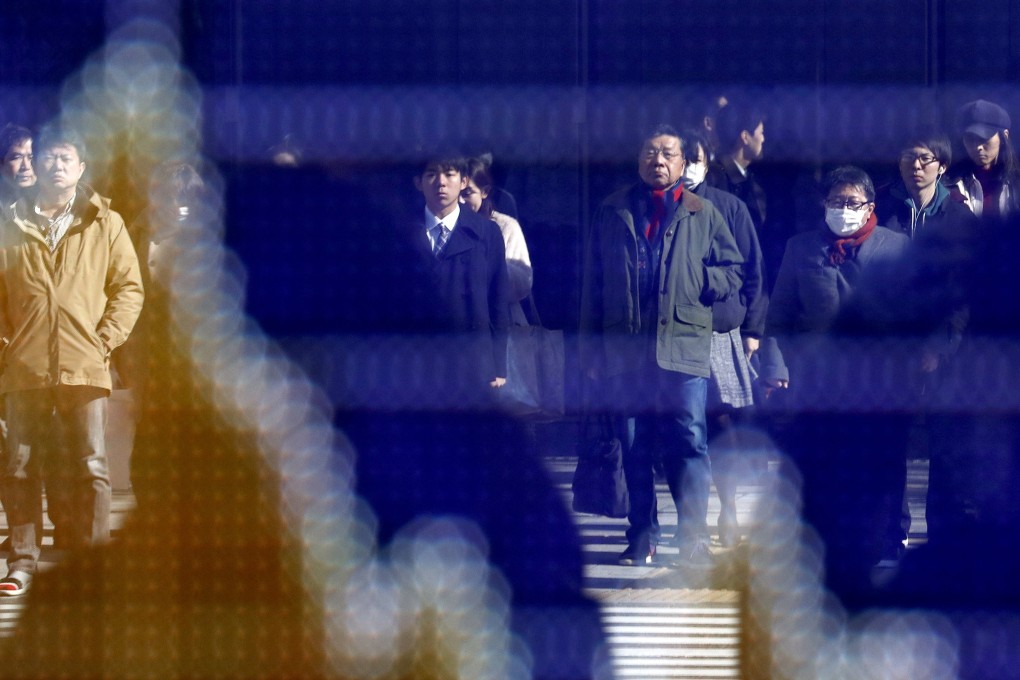Opinion | The free market is a destructive myth. Down with the free market
- Andrew Sheng says the free market is a bad idea that probably belongs in the rubbish bin of history. A system where human beings and mother nature have been reduced to cogs and commodities has brought only misery, and climate change

The current issue of Foreign Affairs magazine asks: “Who will run the world?” The US-sponsored liberal global order is in crisis, which means that “the future is up for grabs”, it notes.
The hard reality is that stability is no longer the dictate of a single hegemony, but the outcome of a geopolitical game of thrones, which is itself shaped and disrupted by technology, human migration, climate change, and competing ideologies amid worsening social inequality.
If you believe in astrology, even the blood moons and eclipses are signalling a change in the world order.
The person who predicted the demise of the self-regulating market order was Hungarian historian, sociologist and economist Karl Polanyi (1886-1964). His book, The Great Transformation, came out in 1944, the same year as The Road to Serfdom, by Austrian economist Friedrich A. Hayek (1899-1992).
Hayek founded the Mont Pelerin Society in 1947, which had great success in pushing for neoliberalism around the world on the premise of free markets, free trade, free capital flows, rule of law, primacy of individual freedoms and electoral democracy. Hayek was the intellectual father of the current order.
